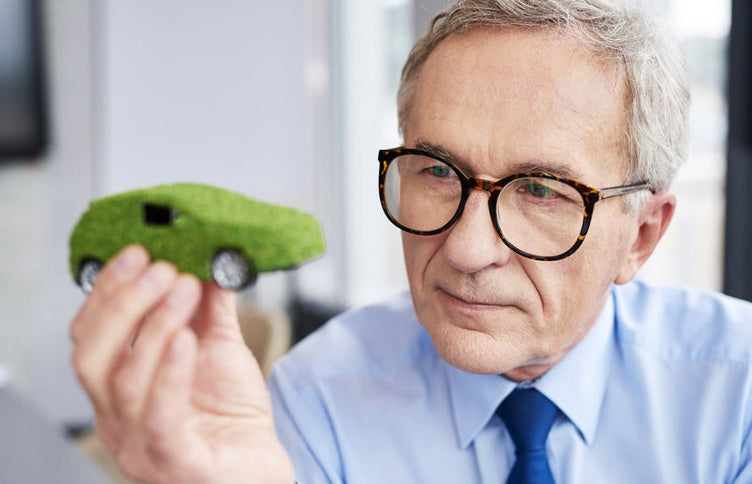The world understands the enormous challenge that climate change presents and the need to start to reduce C02 emissions. Cleaner energy, renewable energy, and smart grids are some of the solutions that can play a part in reducing C02 emissions. There are also simpler steps that can be taken, such as energy efficiency and the elimination of energy waste.
“This may sound too good to be true, but the world has a renewable energy resource that is perfectly clean, surprisingly abundant, and immediately available. It has astounding potential to reduce the carbon emissions that threaten our plant, the dependence on foreign oil that threatens our security and the energy costs that threaten our wallets. Unlike coal, it doesn’t pollute, unlike solar and wind it doesn’t depend on the weather, unlike ethanol it doesn’t accelerate deforestation or inflate food prices, unlike nuclear plants it doesn’t raise uncomfortable questions about meltdowns or terrorist attacks or radio-active waste storage and it doesn’t take a decade to build. It isn’t ‘what if?’ like hydrogen, clean coal and tidal power, it’s already proven to be workable, scalable and cost-effective. And we don’t need to import it. This miracle goes by the name energy efficiency.”
Energy efficiency should be considered as a vast, low-cost energy source. Some even refer to it as the 5th fuel. It is estimated that annual savings from energy-efficient initiatives in the US alone could total >US$1 trillion over the next 10 years if implemented properly. Energy efficiency is a global opportunity with far-reaching implications for energy markets and climate change.
“Energy efficiency is not just the low hanging fruit, it is the fruit that’s lying on the ground”, Steven Chu, former US Energy Secretary.
For homeowners, a great way to start on the energy efficiency journey is to arrange a home energy audit. Many electric utility companies offer home energy audits/checkups at discounted or no cost to ratepayers.
“This may sound too good to be true, but the world has a renewable energy resource that is perfectly clean, surprisingly abundant, and immediately available. It has astounding potential to reduce the carbon emissions that threaten our plant, the dependence on foreign oil that threatens our security and the energy costs that threaten our wallets. Unlike coal, it doesn’t pollute, unlike solar and wind it doesn’t depend on the weather, unlike ethanol it doesn’t accelerate deforestation or inflate food prices, unlike nuclear plants it doesn’t raise uncomfortable questions about meltdowns or terrorist attacks or radio-active waste storage and it doesn’t take a decade to build. It isn’t ‘what if?’ like hydrogen, clean coal and tidal power, it’s already proven to be workable, scalable and cost-effective. And we don’t need to import it. This miracle goes by the name energy efficiency.”
Energy efficiency should be considered as a vast, low-cost energy source. Some even refer to it as the 5th fuel. It is estimated that annual savings from energy-efficient initiatives in the US alone could total >US$1 trillion over the next 10 years if implemented properly. Energy efficiency is a global opportunity with far-reaching implications for energy markets and climate change.
“Energy efficiency is not just the low hanging fruit, it is the fruit that’s lying on the ground”, Steven Chu, former US Energy Secretary.
For homeowners, a great way to start on the energy efficiency journey is to arrange a home energy audit. Many electric utility companies offer home energy audits/checkups at discounted or no cost to ratepayers.
